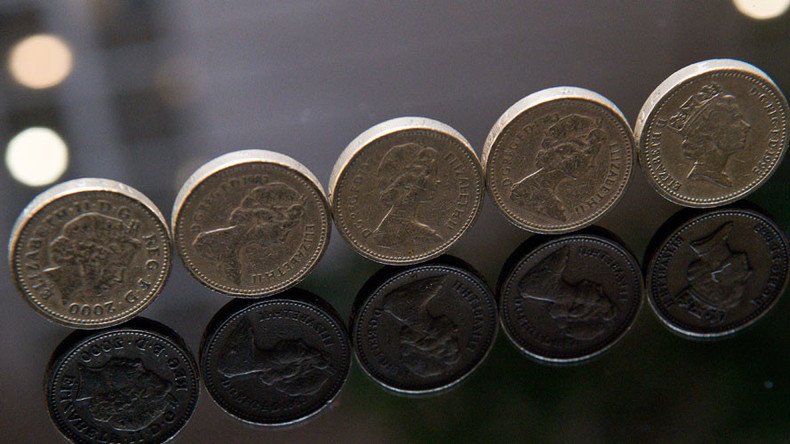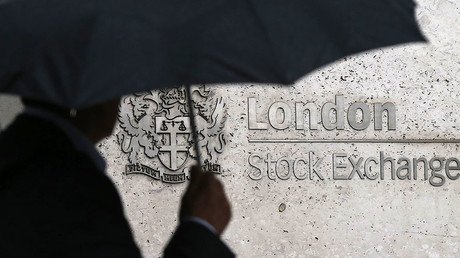Sterling plunges to its lowest level in 168 years

The British pound has fallen to a low measured against a basket of trading currencies not seen since the mid-19th century, according to the Bank of England (BoE).
The effective exchange rate, calculated to mirror UK trade, is at rock bottom after hitting a low of 29.27. The mark is lower than the level sterling hit during the financial crisis, the introduction of floating exchange rates of the 1970s, and even the decision to leave the gold standard in the 1930s.
On Tuesday, sterling fell to a 31-year low against the US dollar over concerns of a possible “hard Brexit.” It traded as low as $1.2117 against the greenback.
Under the BoE’s current formula for the trade-weighted index, the biggest contributors to the currency basket are Germany (22.5 percent), US (16.5 percent), France (12.6 percent), Italy (8.3 per cent) and Japan (seven percent).
The pound rebounded slightly on Wednesday after Prime Minister Theresa May announced she would hold a parliamentary debate on Brexit proceedings and promised to fight for “maximum possible” access to EU markets.
Some analysts warn the British pound might fall out of the International Monetary Fund's elite basket of reserve currencies due to its continuing nosedive.
British MPs denied vote to trigger Brexit – May spokeswoman https://t.co/J44al4OmbG
— No Way Back to EU (@NoWayBackToEU) October 12, 2016
Sterling has dropped 17 percent against the US dollar since Britain voted to quit the European Union. The currency has come under renewed pressure and losses accelerated after Prime Minister Theresa May announced plans to trigger the process for the UK’s formal exit.













